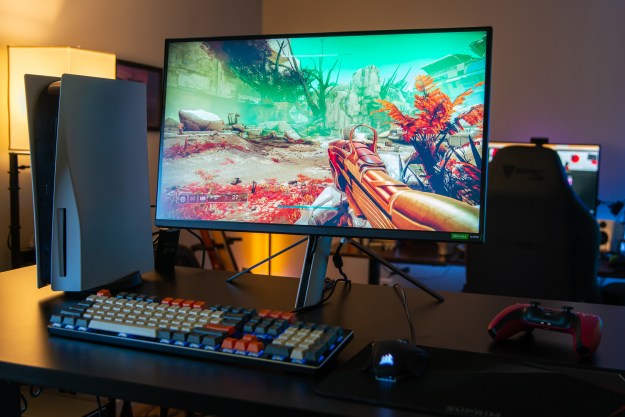 A study from research firm iModerate Research Technologies finds that consumers with e-reading devices not only read more, but have also read more traditional print books.
A study from research firm iModerate Research Technologies finds that consumers with e-reading devices not only read more, but have also read more traditional print books.
IModerate surveyed over 300 multi-function device owners (meaning e-readers like the Kindle and Nook don’t count) and found that these users preferred reading on their iPads, iPhones, BlackBerrys and the like based on convenience, the backlit screen, and purchasing ease.
Unsurprisingly, the reason for increased user reading is access. Anyone who owns a smartphone or tablets generally had it on his or her person at all times, so formerly vacant moments are being replaced with reading.
What’s more interesting is that e-readers aren’t the death sentence some print publishers might think they are. According to the study, 46 percent of participants said they were inspired to read more books in print after reading e-books. “Reading e-books are [sic] convenient and easier on the go, but I still really enjoy a real book,” one participant said. Somebody should tell Microcosm Publishing: the Portland bookstore announced earlier this month it would offer customers a Kindle’s worth in print books. That’s right, if you relinquish the e-reader you can take home $139-$189 of the real, physical thing. According to the store, “Why let fad technology kill print when you can take a stand and fill up your shelves in the process.” Truly voracious readers will keep buying print even if they own a soul-sucking Kindle, but at the current ratio of print to e-book purchasing, traditional bookstores’ drastic (mildly crazed) measures could be justified.
The study also clarified that there are two different types of e-readers and how multi-function devices have affected them. There are those who purchased their device at least partially for reading purposes: These people tend to be active to heavy readers who wanted more accessibility to books. These people actively seek out time to use their e-readers, and the devices end up saving them money from buy print copies. Then there are those who are “renewed readers.” These people “discovered” the e-reader function of their device and have begun reading more because of it and will continue to.
Editors' Recommendations
- The redesigned MacBook Air may look something like this
- Amazon discounts iPad Pro 12.9, MacBook Air for Black Friday
- eBay Home Learning Sale: Save on AirPods, iPad Pro, MacBook Pro, and more
- Apple patents strange iPhone-MacBook hybrid charging dock
- Amazon devices and other great gifts with delivery by Christmas


